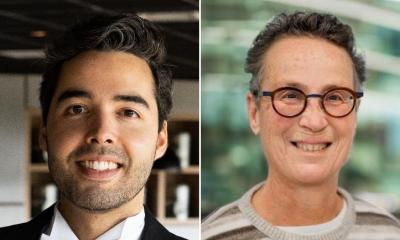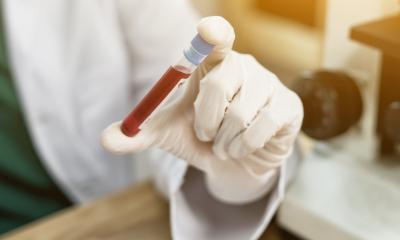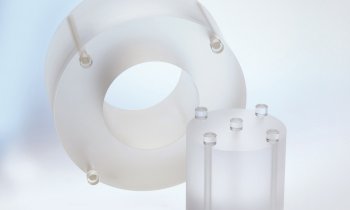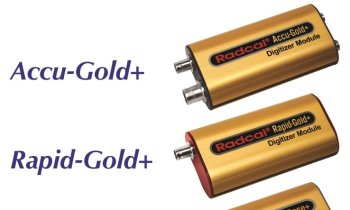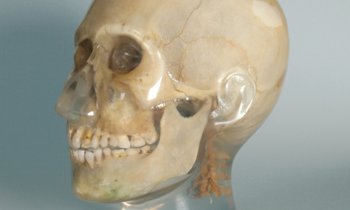Article • Early detection approach
Multi-cancer blood tests could shake up screening
New tests can identify over 50 types of cancer and boost detection of traditionally elusive cancers from tumour DNA in blood, researchers showed at the ESMO congress in September. These multi-cancer early detection (MCED) tests in development can spot common cancer signals across over 50 types of cancer and predict where the signal comes from in the body, results from a prospective investigation reported at the conference suggest.
By Mélisande Rouger
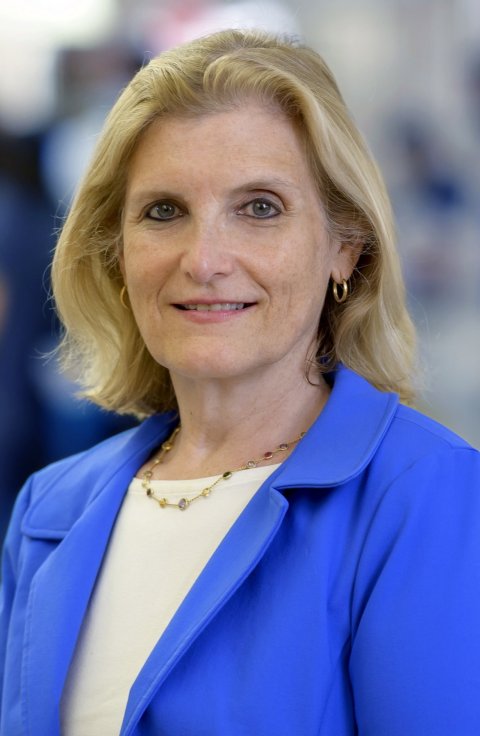
Image source: ESMO
In the study, MCED testing, which collects the signal arising from small sequences of circulating tumour DNA in the blood, detected a cancer signal in 1.4% of participants aged 50 years and over who were not known to have cancer. Carcinoma was confirmed in 38% of those with a positive test. The researchers also found that 99.1% of the 6,290 participants who were cancer-free received a negative test result. The time to reach a diagnosis for those with a positive test result was an average of 79 days. For 73% of participants with a positive screening test, that time was only three months.
These results are an encouraging first step for early cancer detection tests, according to study senior author Deb Schrag, MD, MPH, a medical oncologist at Memorial Sloan Kettering Cancer Center, New York, USA. ‘The study showed a good detection rate for people who had cancer and an excellent specificity rate for those who did not have it,’ she said. ‘In people with a positive test, it took less than two months to confirm the diagnosis if they had cancer and a bit longer if they didn’t have cancer primarily, because physicians opted to perform imaging studies and then repeat them a second time several months later to investigate the possibility of a cancer diagnosis.’
Screening options for previously unscreenable cancers
Another important aspect was that only few participants with a false positive screening test required multiple invasive procedures such as endoscopies and biopsies, Schrag pointed out. ‘This finding should help to allay concerns that these tests could cause harm by generating unnecessary procedures in people who are well,’ she said.
Schrag stressed the importance of continued standard screening for cancers such as breast and colorectal cancer, while MCED tests are being refined and validated for cancers such as pancreatic, small bowel and stomach cancer, where there are currently no screening options. ‘This study indicates that hope is on the horizon for detecting cancers that are currently unscreenable, but of course much more work is needed, and, with experience and larger samples, these assays will improve,’ she said.
Impact on future cancer screening programmes
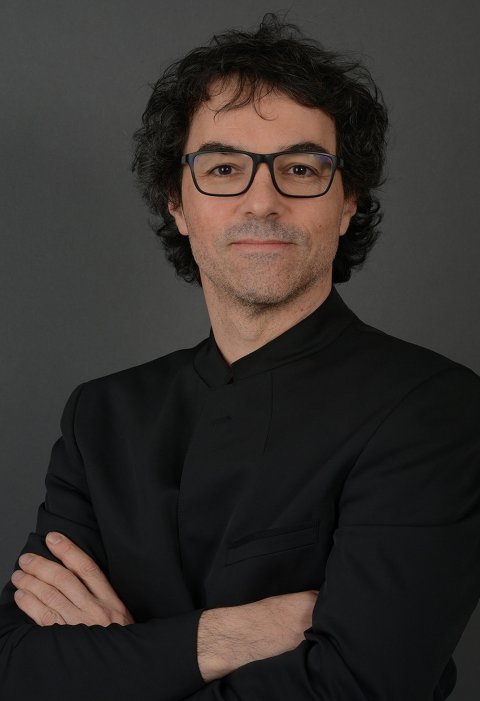
Image source: Institut Gustave Roussy
The PATHFINDER study is the first prospective investigation to show that an MCED test can detect cancer in patients with undiagnosed cancer, as previous studies used tests only in patients already known to have cancer.
The new results may have major implications for future cancer care provision, according to Professor Fabrice André, ESMO 2022 Scientific Co-Chair. ‘Within the next five years, we will need more doctors, surgeons and nurses, together with more diagnostic and treatment infrastructure, to care for the rising number of people who will be identified by multi-cancer early detection tests,’ he explained.
All stakeholders must be involved in deciding new pathways of care and must agree on who will be tested and when and where tests will be carried out, André added. ‘We need to anticipate the changes that will happen as a result of these tests, for example in the diagnosis and treatment of people with pancreatic and other cancers that are usually diagnosed at a much later stage,’ he said.
Comparative trials across all types of cancer are needed to find out if having an early detection test affects morbidity and mortality and how the procedure benefits patients, he suggested. ‘In addition, we need to know more about the small proportion of false positive tests (…) We need some of these answers before we can calculate the cost impact of introducing MCED tests in routine clinical practice,’ he concluded.
Profiles:
Deb Schrag, MD, MPH, is Chair of the Department of Medicine and George J. Bosl Chair at Memorial Sloan Kettering Cancer Center, New York, USA. Dr Schrag is a medical oncologist and health services researcher at the Dana-Farber Cancer Institute. She is Chief of the Division of Population Sciences and a Professor at Harvard Medical School in Boston and has a longstanding focus on gastrointestinal cancers, particularly colorectal cancer.
Fabrice André, MD, PhD, is Director of Research at Gustave Roussy Cancer Center, Villejuif, France, and the newly elected future president of the European Society of Medical Oncology (ESMO) for the 2025- 2026 term. Prof André is a medical oncologist specializing in breast cancer and a Professor of Medicine at Paris-Saclay University.
14.11.2022




